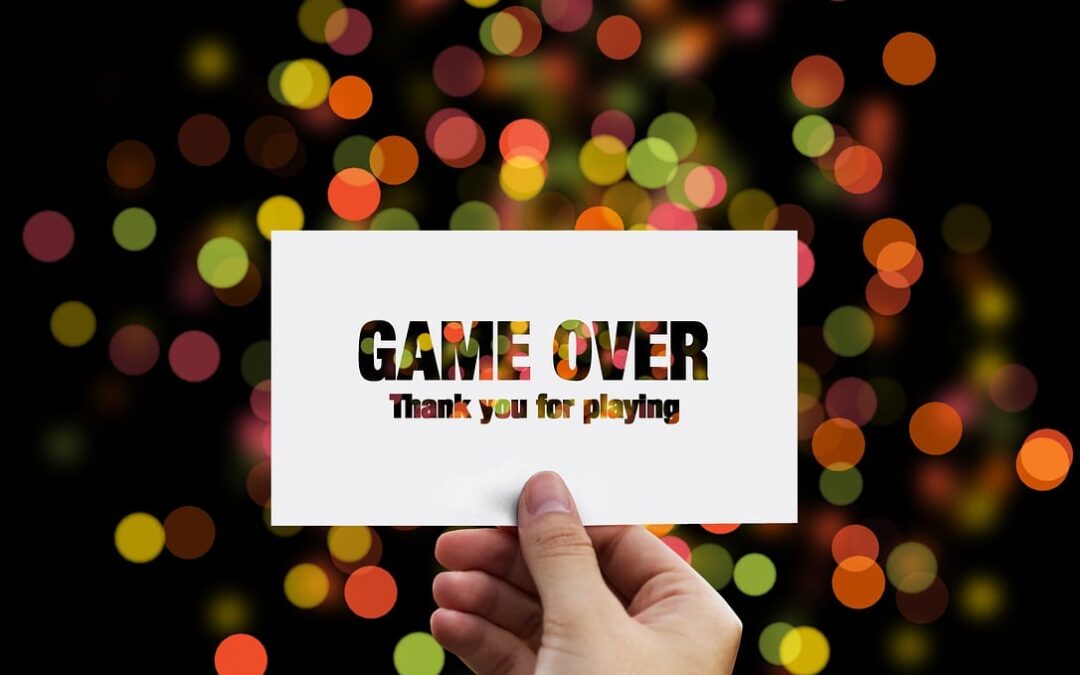What a 19th-century war game reveals about strategic thinking, adaptability, and decision-making for today’s senior business leaders.
In 1824, a young Prince Wilhelm of Prussia witnessed a military simulation that would go on to change the fortunes of his army—and perhaps the shape of Europe. Kriegsspiel, a war game designed with maps, wooden battalions, and probability tables, was more than a pastime. It became an engine of innovation. Under Wilhelm’s reign, this simulation helped shape military tactics that brought unexpected success in the Franco-Prussian War. Its continued evolution laid the groundwork for predictive logistics, strategic modelling, and ultimately the birth of modern game theory.
For today’s senior leaders, the lesson is clear: when complexity reigns, the ability to model reality—rather than simply react to it—becomes a defining advantage.
Simulating Complexity
The genius of Kriegsspiel was its ability to condense an overwhelming battlefield into a controlled, analytical environment. Its relevance today lies in its approach to complexity. Senior leaders navigating volatile markets, geopolitical shocks, and AI disruption face similarly intricate challenges. The temptation is to act decisively and instinctively—but modelling, simulation, and structured experimentation are far more effective tools.
The most forward-thinking organisations are already building internal “war rooms” that operate in much the same way. They use scenario planning not simply to forecast risk, but to rehearse resilience. Supply chain breakdowns, cyber threats, and consumer shifts are gamed out with cross-functional teams, enabling adaptive strategies long before crisis strikes.
The Leadership Mindset Shift
But the power of simulation lies not in the models alone—it lies in the mindset it cultivates. Prince Wilhelm didn’t simply mandate the use of Kriegsspiel for entertainment. He institutionalised it as a learning tool, embedding it into the professional development of every officer. In doing so, he transformed a military culture from rigid tradition to experimental agility.
Modern business leadership demands a similar shift. Organisations that treat uncertainty as a problem to eliminate will remain brittle. Those that treat it as a landscape to explore—one where tactics can be tested, recalibrated, and refined—will be better placed to navigate transformation with confidence.
This requires humility as much as ambition. Leaders must be willing to ask: What don’t we know? Where might we be wrong? Which assumptions should we challenge? These questions are uncomfortable, but they’re also the entry point to deeper strategic insight.
Models Are Not the Territory
Still, simulation has its limits. Just as Kriegsspiel compressed the battlefield into a tidy map, modern tools—from spreadsheets to digital twins—are simplifications of reality. Kelly Clancy, in her wide-ranging study of how games shape perception, warns that the map can begin to distort the territory. Overreliance on models can lead leaders to prioritise what is measurable over what is meaningful.
The same caution applies to the way game theory and behavioural economics have entered boardroom thinking. When human behaviour is treated as a matter of incentives alone—as though employees, customers or partners are pure rational actors—organisational strategy risks becoming divorced from lived experience.
The best leaders recognise the utility of these models without being seduced by their elegance. They combine data with judgement, logic with empathy. They understand that metrics are tools, not truths.
Designing for Adaptability
In today’s digital environment, game-like mechanisms are everywhere. Reputation systems, social scoring, and algorithmic feedback loops all shape how value is perceived and decisions are made. Businesses too often absorb these mechanisms passively—optimising for clicks, engagement, or customer “loyalty”—without stepping back to ask whether the game they are playing is the one they ought to win.
Leadership today must be more deliberate in shaping the rules of engagement. This means designing organisations not just for efficiency, but for adaptability. It means rewarding learning, not just output. And it means recognising that agility is not the same as chaos—just as improvisation in jazz is rooted in deep discipline.
What a 19th-century war game can teach us about 21st-century leadership
What can a 19th-century war game teach us about 21st-century leadership? More than we might expect. In an age where strategy must be as fluid as the challenges it seeks to overcome, simulation becomes more than a technique—it becomes a habit of mind.
To lead effectively today is to engage with complexity on its own terms. Not to flatten it, ignore it, or hope it goes away. But to step inside it, play it out, and emerge with clearer thinking and sharper intent.

